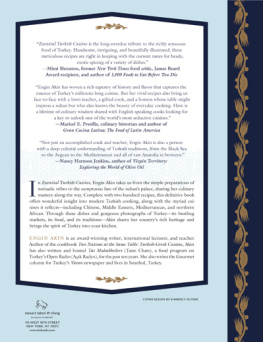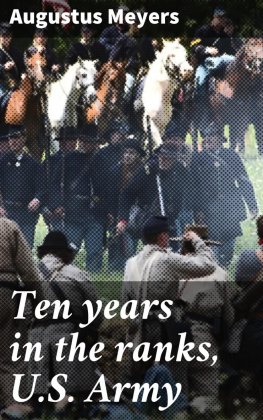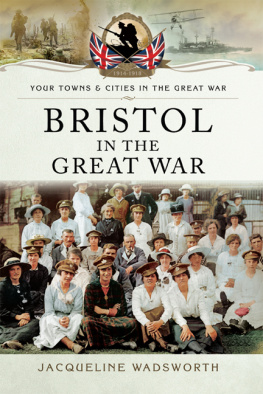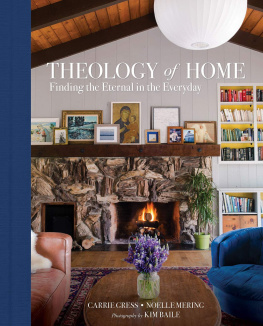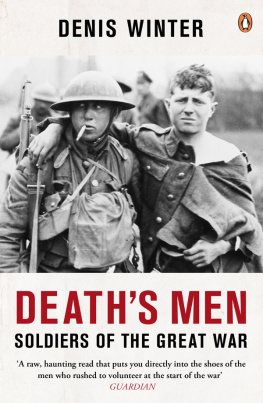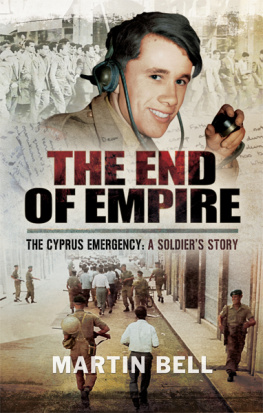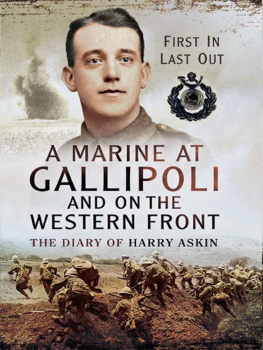WHEN THE WAR CAME HOME
The Ottomans Great War and the Devastation of an Empire
YT AKIN
STANFORD UNIVERSITY PRESS
STANFORD, CALIFORNIA
Stanford University Press
Stanford, California
2018 by the Board of Trustees of the Leland Stanford Junior University.
All rights reserved.
No part of this book may be reproduced or transmitted in any form or by any means, electronic or mechanical, including photocopying and recording, or in any information storage or retrieval system without the prior written permission of Stanford University Press.
Printed in the United States of America on acid-free, archival-quality paper
Library of Congress Cataloging-in-Publication Data
Names: Akn, Yiit, 1975 author.
Title: When the war came home : the Ottomans Great War and the devastation of an empire / Yiit Akn.
Description: Stanford, California : Stanford University Press, 2018. | Includes bibliographical references and index.
Identifiers: LCCN 2017026478 (print) | LCCN 2017027781 (ebook) | ISBN 9781503604995 (ebook) | ISBN 9781503603639 (cloth : alk. paper) | ISBN 9781503604902 (pbk. : alk. paper)
Subjects: LCSH: World War, 19141918Social aspectsTurkey. | TurkeyHistoryOttoman Empire, 12881918.
Classification: LCC D524.7.T8 (ebook) | LCC D524.7.T8 A35 2018 (print) | DDC 940.3/56dc23
LC record available at https://lccn.loc.gov/2017026478
For Zll
CONTENTS
ACKNOWLEDGMENTS
Many people have contributed to the writing of this book. It is a pleasure for me to acknowledge my gratitude to all of them. I am indebted to Carter V. Findley for his unfailing support for this project and his willingness to share his expertise in Ottoman history; to Jane Hathaway for her continued support from the very beginning and for many helpful suggestions along the way; and to David L. Hoffman, who not only offered incisive recommendations, but also introduced me to the rich world of Russian/Soviet history.
Several institutions generously provided funding for the research and writing of this book. I would like to thank the School of Liberal Arts, History Department, and Newcomb College Institute at Tulane University, the College of Charleston, and the Hoover Institution. In 201213, I had the great fortune to be a postdoctoral fellow at EUME (Europe in the Middle EastThe Middle East in Europe) Program at the Wissenschaftskolleg zu Berlin. George Khalil, the academic coordinator of the program, Ulrike Freitag, the director of the Zentrum Moderner Orient, and Nora Lafi all deserve special thanks.
This project has also benefited from the gracious assistance provided by the personnel of various archives and libraries: the Prime Ministry Ottoman Archives (Istanbul), the National Archives (London), the United States National Archives (College Park, Maryland), the Hoover Library and Archives (Palo Alto, California), Izmir National Library, Istanbul Beyazt Library, Istanbul Atatrk Library, the William Oxley Thompson Library at Ohio State, and the Howard-Tilton Memorial Library at Tulane.
I would like to thank everyone at Tulanes History Department for friendship, guidance, and intellectual generosity, including Emily Clark, Felipe Cruz, Brian DeMare, Katie Edwards, Lupe Garcia, Blake Gilpin, Karissa Haugeberg, Andy Horowitz, Kris Lane, Jana Lipman, Liz McMahon, Marline Otte, Linda Pollock, Sam Ramer, Randy Sparks, and Justin Wolfe.
I have discussed many ideas in this book with my friends, colleagues, and mentors. They have generously spared their time to listen to me, shared their knowledge, read drafts, and provided invaluable suggestions. I thank them all: Mustafa Aksakal, Ayhan Aktar, Ebru Aykut, Mehmet Beiki, Erdem pa, Lerna Ekmekiolu, zge Ertem, Benjamin Fortna, Chris Gratien, Christy Gruber, Sophia Horowitz, Nurin leri, Nazan Maksudyan, Charalampos Minasidis, Devi Mays, Can Nacar, Nilay zok Gndoan, Andrew Patrick, Fuat en, Elizabeth Thompson, Nicole Van Os, Ali Yaycolu, and Seil Ylmaz.
Over the years, I have spent many hours with Emre Sencer discussing politics, culture, food, and spirits, as well as history. Kyle Heatherly read everything I wrote and made much-appreciated suggestions and stylistic comments, which greatly contributed to this book. For their continued friendship, Id like to thank them both.
At Stanford University Press, I am grateful to my editor Kate Wahl, Tim Roberts, Peter Dreyer, and Micah Siegel for making the publishing process such a smooth and pleasurable experience.
My parents have always supported my pursuit of an academic career in history. I cannot possibly thank them enough for their understanding and ceaseless love and support. I wish my father too could see the product of these long years abroad. I am also thankful to Aye and Halil Fazlolu, whose warmth and support have been second to none. I would like to acknowledge the gracious help of my sister-in-law, Mge Fazlolu, who has always been with us in times of both grief and joy. My brother Altu has always shared my enthusiasm and been a constant source of encouragement from many different cities around the world.
Most of all I am grateful to Zll for her comments, her presence, her constant encouragement, and for keeping my spirits high and positive during the completion of this book. This work would not have been as enjoyable if she were not beside me, and life would not be as colorful. I dedicate this book to her with love.

The Ottoman Empire in 1914
Note: The provinces of Hijaz and Yemen are not shown.
INTRODUCTION
Yaar Kemal, a leading figure of modern Turkish literature, was a renowned bard in his native southern Anatolian ukurova. In the late 1930s, he wandered from village to village, singing his ballads to peasants. During these visits, he also listened to villagers songs and collected laments and ballads from them. The laments about World War I surprised him the most: they told of conscripted boys, widowed brides, orphaned children, dissolved families, unattended fields, and destroyed lives. Taken together, they recounted the experiences of the Ottoman people who had been embroiled in a long and dreadful conflict. Kemal was astonished by both the multitude and ubiquity of these accounts. More than two decades had passed since the wars end, yet in every village he visited he heard womens laments about it.
Folklorists, teachers, local intellectuals, and amateur researchers have collected similar accounts of the traumatic experiences of World War I from various communities of the former Ottoman Empire. These songs and laments provide an invaluable glimpse into a society at war, illuminating how the Ottomans experienced, perceived, and remembered the conflict. Most important, they offer alternative narratives to official renderings of the war, which emphasized its political, military, and religious meanings. War is described in these accounts as carnage that includes blood, tears, fear, pain, and sorrow, but not heroism and pride. One of them poignantly addresses the sultan:
Toplarn gllesi ne yaman geldi.
Kapand kulaklar, hep sar oldu.
Gvdeler yaral, gmlek kan doldu.
Askerin kann gr padiahm!
How frightfully came the cannonballs.
Ears closed, all went deaf.
Bodies wounded, shirts covered in blood.
See the soldiers blood, O my Sultan!
The war is viewed in these songs and laments through the prism of the family and the individual, rather than that of empire and religion. They condemn the war as a disaster that left behind hundreds of thousands of widows and orphans. The suffering and bereavement of families torn apart are at the forefront:
Anan duyar bacn alar.
Ak gelinler karalar balar.
Next page


